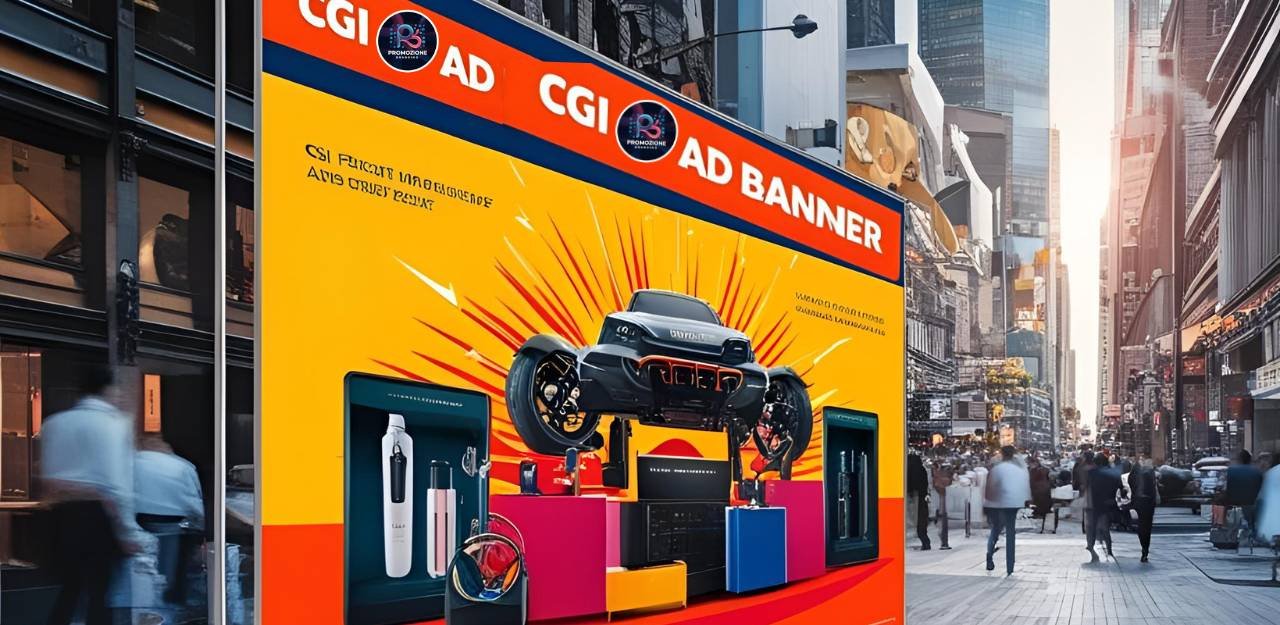
The Rise of AI Influencers
Imagine scrolling through Instagram and stumbling upon a stunning influencer with flawless skin, a perfect outfit, and a seemingly exciting lifestyle. They post regularly, collaborate with top brands, and engage with their followers. But here’s the catch—they aren’t real.
AI influencers like Lil Miquela, Shudu Gram, and Imma are taking over social media, blurring the lines between reality and fiction. They have millions of followers, work with luxury brands, and generate massive engagement—all without being human.
So, what does this mean for traditional influencers and brands?
- Are AI influencers replacing human creators?
- Why are brands investing in digital personas instead of real people?
- Will AI reshape influencer marketing forever?
The truth is shocking, and by the end of this article, you’ll know exactly what’s happening and what it means for the future of marketing.
What Are AI Influencers?
AI influencers are computer-generated digital personas designed to look, act, and engage like real social media personalities. Unlike human influencers, AI influencers are:
- Created by brands or tech companies
- Fully customizable—they never age, complain, or get involved in scandals
- Available 24/7—no sick days, mood swings, or contract disputes
- Capable of reaching millions of followers worldwide
Some of the most famous AI influencers include:
- Lil Miquela (@lilmiquela) – One of the first AI influencers, with over 2.5 million followers. She collaborates with brands like Prada and Calvin Klein.
- Shudu Gram (@shudu.gram) – The world’s first digital supermodel, created by photographer Cameron-James Wilson. She’s worked with Fenty Beauty and Vogue.
- Imma (@imma.gram) – A Japanese AI influencer known for her futuristic fashion and sleek aesthetics.
These AI influencers act, speak, and engage just like human influencers, but with one major difference—they are 100% controlled by brands and marketing teams.
Why Are Brands Choosing AI Influencers?
1. No Drama, No Scandals
Human influencers can be unpredictable. Scandals, controversial opinions, and personal problems can destroy a brand’s reputation overnight. AI influencers? They’re flawless—always on-brand, controversy-free, and never causing PR nightmares.
2. Total Creative Control
Brands own AI influencers, meaning they control:
- Their look, style, and personality
- What they say and promote
- How they interact with followers
This level of control allows companies to maintain a perfect brand imagewithout the risk of influencers going off-script.
3. Hyper-realistic & Attention-Grabbin3. Cost-Effective Marketing
Hiring top-tier human influencers can cost millions per campaign. AI influencers, on the other hand, require an upfront investment but no ongoing fees—no travel expenses, no contract renegotiations, no attitude.
4. Personalization & Global Reach
AI influencers can:
- Speak multiple languages effortlessly
- Adjust their style to match different audiences
- Be programmed to engage with followers 24/7
This makes them ideal for international marketing campaigns.
5. AI Can Predict and Optimize Content
AI influencers are powered by machine learning, meaning they can analyze user engagement and optimize their content for maximum impact—something human influencers can’t do with the same precision.
Are AI Influencers Actually More Popular Than Humans?
Surprisingly, yes—in some cases. AI influencers often outperform human influencers in terms of engagement.
- Lil Miquela's engagement rate is higher than many real-life influencers in her category.
- Shudu Gram has been featured in high-fashion campaigns, proving that brands see her as just as valuable as real models.
Why? Because AI influencers:
- Post perfectly crafted content
- Respond instantly to followers
- Use AI-powered strategies to maximize engagement
However, human influencers still dominate in areas like lifestyle, fitness, and personal storytelling. People love real human connections, which AI influencers can only mimic.
The Dark Side of AI Influencers
While AI influencers offer benefits, they also raise serious ethical concerns.
1. The Deception Problem
Many followers don’t realize AI influencers aren’t real. This raises questions about:
- False advertising – Are consumers being misled?
- Authenticity issues – Can people trust AI recommendations?
- Emotional manipulation – Followers form connections with non-existent personalities.
2. Job Loss for Human Influencers
As brands shift toward AI, real influencers face job competition.
- Companies save money by using AI instead of paying human influencers.
- Some brands replace real models with AI avatars, reducing opportunities for real creatives.
3. Unrealistic Beauty Standards
AI influencers are perfect—flawless skin, ideal body proportions, and no imperfections. This can:
- Worsen self-esteem issues in followers
- Promote unrealistic beauty standards
- Create even more pressureon real influencers to look “perfect”
4. Data Privacy & AI Control
AI influencers are powered by massive data collection. This raises concerns about:
- Who controls AI-generated content?
- Are brands collecting and analyzing too much user data?
- How is AI being used to manipulate consumer behavior?
These concerns make AI influencers controversial, but that hasn’t stopped brands from using them.
Can Human Influencers Compete?
YES—but they need to adapt.
Human influencers still have the upper hand in areas AI can’t replicate, such as:
- Real-life experiences & storytelling – AI influencers can pretend, but they don’t actually experience life.
- Authenticity & emotional connection – Audiences crave real human stories, emotions, and struggles.
- Live engagement & interaction – AI influencers can reply to comments, but they can’t truly engage in live conversations or events.
To stay relevant, human influencers should:
- Leverage their real-life experiences to build trust.
- Use AI tools (but remain authentic) to optimize their content.
- Engage in live interactions
Final Verdict: Are AI Influencers the Future?
AI influencers are here to stay—but they won’t completely replace humans. Instead, we’ll likely see a mix of AI and human influencers working together.
- Brands will use AI influencers for consistency and cost-effectiveness.
- Human influencers will remain valuable for authenticity and real connections.
- Smart influencers will adapt—using AI as a tool rather than fearing it.
The influencer world is changing fast. The question is: Are you ready for the AI revolution?






